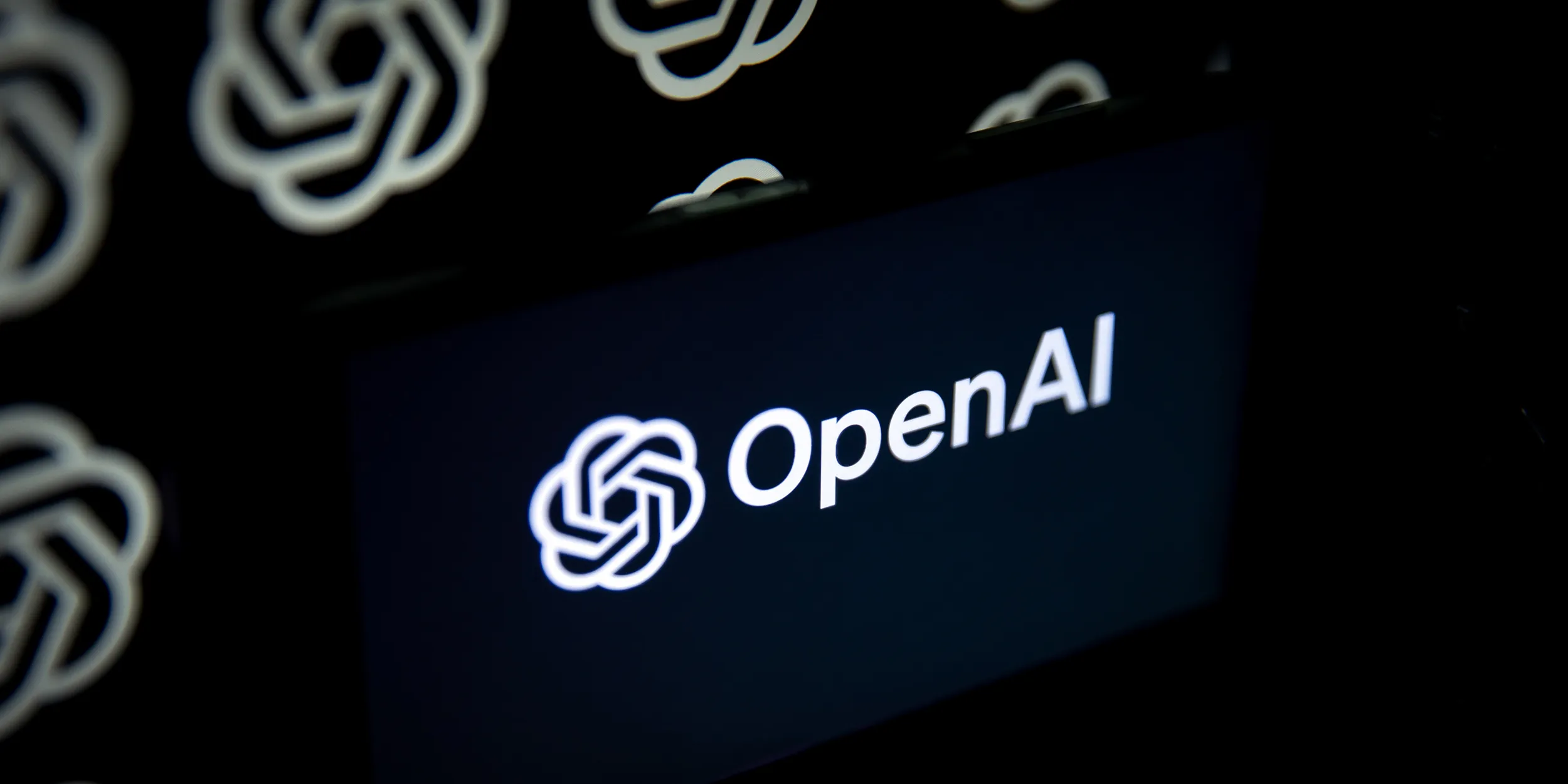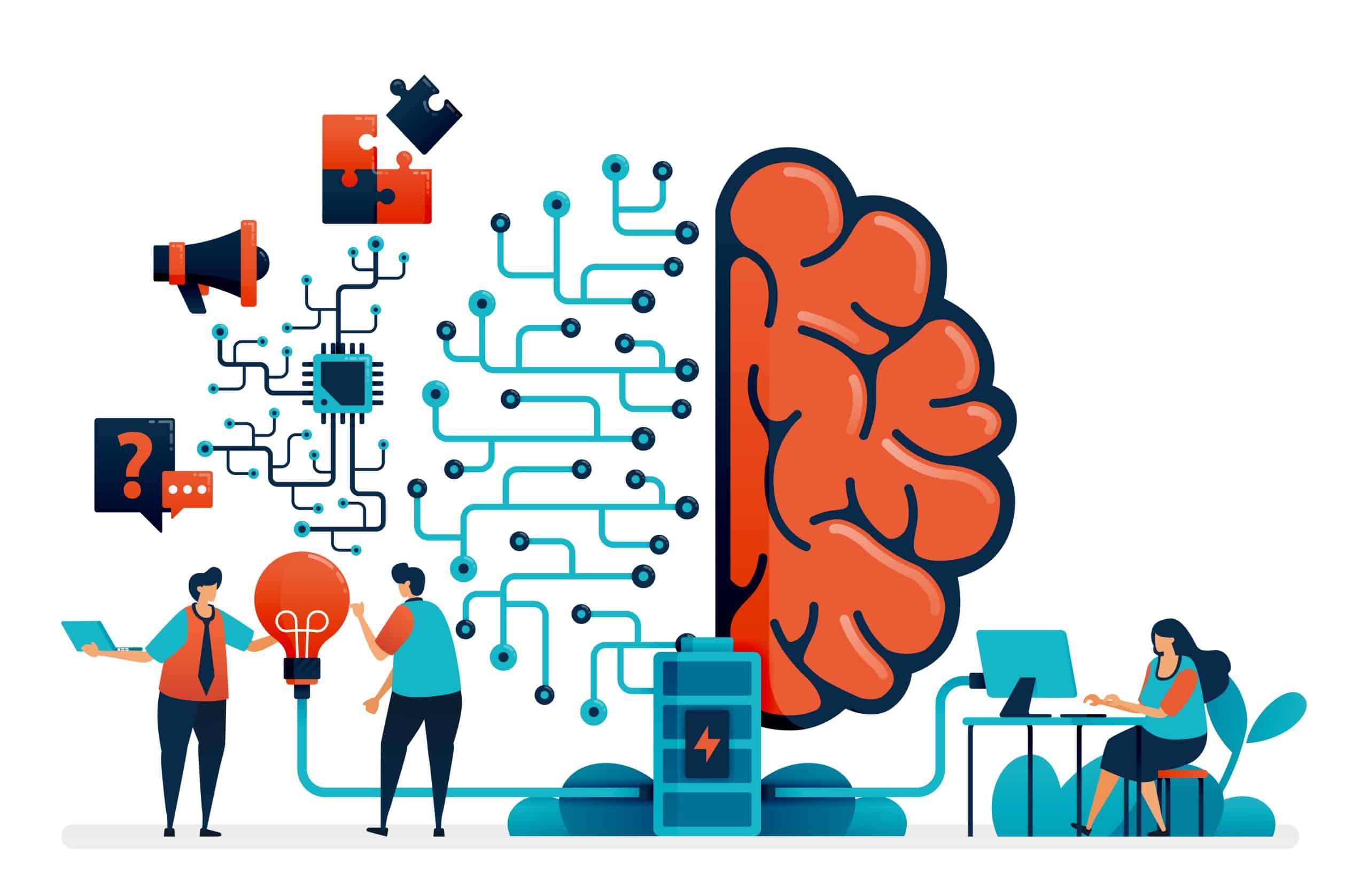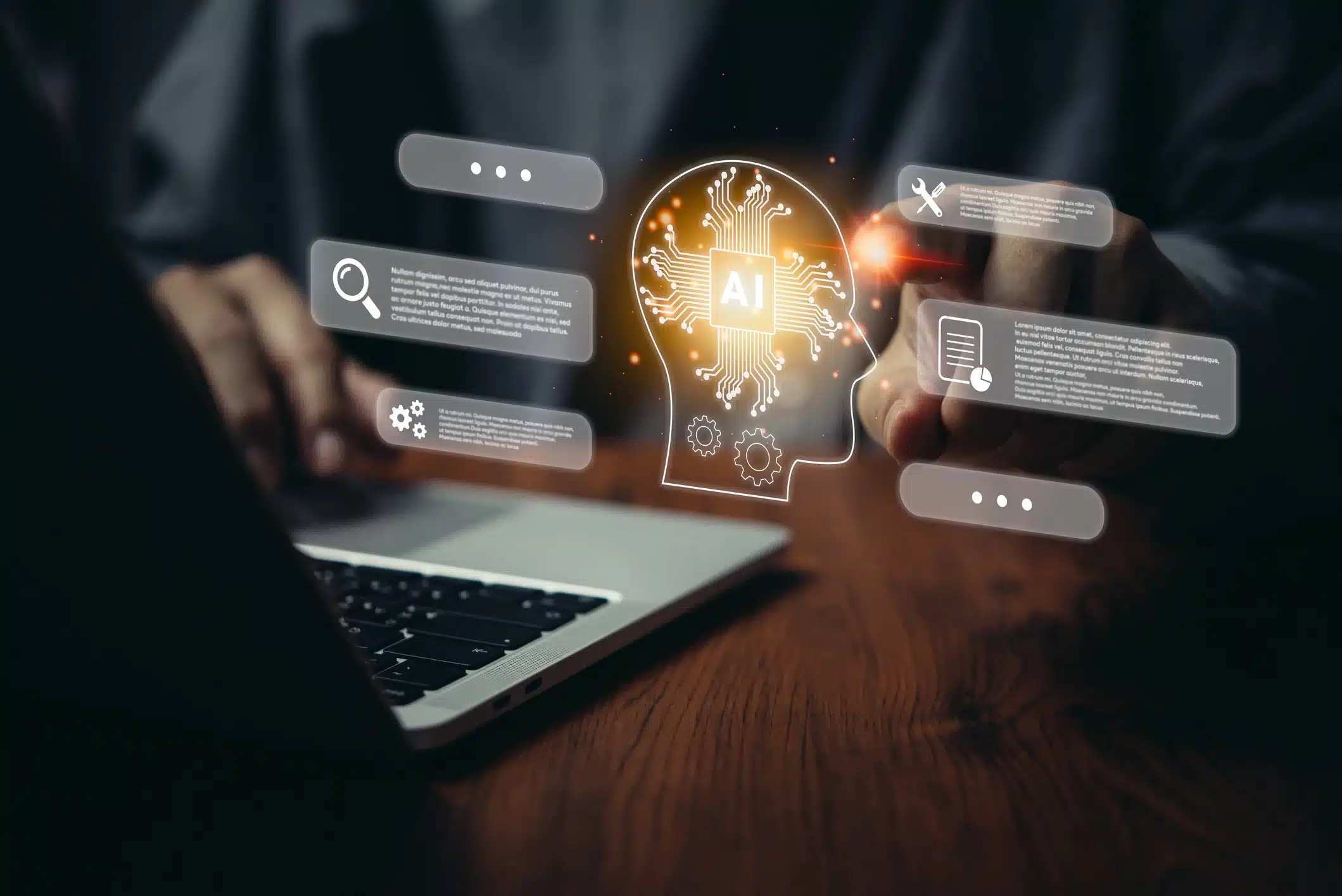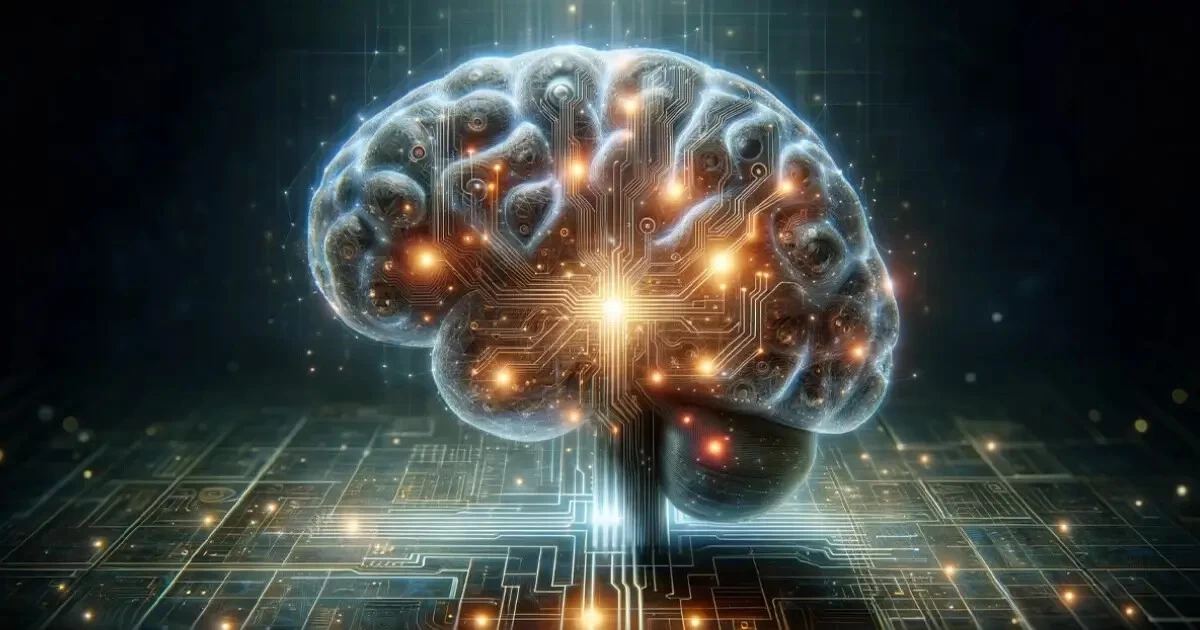- 💼 OpenAI’s CTO, Mira Murati, announced that AI will lead to the disappearance of some creative jobs.
- 🔍 Murati believes some of these jobs should not have existed in the first place due to their repetitive nature.
- 🏫 She emphasized the potential of AI as a tool for enhancing education, creativity, and imagination.
- 🤖 Jobs involving repetitive tasks and little problem-solving may be most at risk of being replaced by AI.
- 🧠 According to Pew Research, activities related to human thinking, like processing information and working with computers, are vulnerable to AI replacement.
- 📝 A University of Pennsylvania report highlights that professions such as mathematicians, writers, and accountants are likely to be significantly impacted by AI advancements.
In recent years, Artificial Intelligence (AI) has rapidly evolved, promising a future filled with automation and technological advancements. However, this progress also threatens the traditional notion of creative jobs. OpenAI’s Chief Technology Officer, Mira Murati, has boldly claimed that AI will lead to the disappearance of some creative jobs. While this might seem alarming at first, Murati offers a thought-provoking perspective: some of these jobs might not have been necessary in the first place due to their repetitive nature. Let’s delve deeper into this transformative era and explore the implications, potential benefits, and ethical considerations surrounding AI’s impact on creative industries.
The Inevitable Evolution of Creative Jobs
As AI continues to develop, its role in the workforce becomes more pronounced. Mira Murati of OpenAI has pointed out that AI will inevitably cause some creative jobs to vanish. However, she provides a compelling argument: many of these jobs are repetitive and do not contribute to problem-solving or innovation. Therefore, their disappearance might not be detrimental but could pave the way for more meaningful and innovative roles.
AI as a Tool for Enhancing Creativity
Murati emphasizes the transformative potential of AI in augmenting human creativity and intelligence. By leveraging AI as an educational and creative tool, we can expand our horizons and redefine what it means to be creative. Here are some ways AI can enhance our creative capacities:
- Educational Enhancement: AI can provide personalized learning experiences, helping individuals understand complex subjects more intuitively.
- Creative Exploration: Artists and creators can use AI to generate new ideas and explore uncharted territories in their fields.
- Productivity Boost: Automating mundane tasks allows creative professionals to focus on more strategic and innovative aspects of their work.
The Vulnerability of Repetitive Tasks
According to Murati, jobs that involve repetitive tasks and lack problem-solving elements are most at risk. This observation aligns with Pew Research’s findings, which highlight that activities related to human thinking, such as processing information, working with computers, and creative thinking, are susceptible to AI replacement.
Professions Most Affected by AI
A significant study by the University of Pennsylvania identifies several professions that are likely to be profoundly impacted by AI advancements:
- Mathematicians
- Tax Consultants
- Writers
- Journalists
- Secretaries
- Auditors
- Accountants
These roles involve substantial data processing and repetitive tasks, making them prime candidates for AI automation.
The Dual-Edged Sword of AI
While AI brings numerous potential benefits, it also raises critical ethical and social questions. Here are some of the primary considerations:
Ethical Implications
- Job Displacement: The transition to an AI-driven workforce could lead to significant job displacement, causing social and economic upheaval.
- Fairness and Bias: Ensuring AI systems are free from biases and treat all individuals fairly is paramount.
- Data Privacy: With AI systems processing vast amounts of personal data, maintaining privacy and securing information is of utmost importance.
Social Considerations
- Skill Relevance: As AI takes over certain tasks, there’s a growing need for reskilling and upskilling the workforce to remain relevant.
- Economic Inequality: AI could exacerbate economic disparities if the benefits are not distributed evenly across society.
- Human-AI Collaboration: Fostering a cooperative relationship between humans and AI can lead to a more harmonious and productive future.
Embracing the Future
The dawn of AI marks a significant shift in the creative industries. While the displacement of certain jobs is inevitable, the potential for growth, innovation, and enhanced creativity is immense. By addressing the ethical and social challenges, we can harness the power of AI to create a brighter, more inclusive future. As we move forward, it is crucial to:
- Promote Lifelong Learning: Encourage continuous education and reskilling to adapt to the evolving job landscape.
- Develop Ethical AI Frameworks: Implement guidelines and standards to ensure AI systems are fair, unbiased, and transparent.
- Prioritize Human-Centric Design: Focus on creating AI technologies that complement and enhance human abilities rather than replace them.
In conclusion, the rise of AI in the creative sector presents both challenges and opportunities. By embracing this technological evolution with a forward-thinking mindset, we can unlock new potentials and redefine the creative landscape for generations to come.
